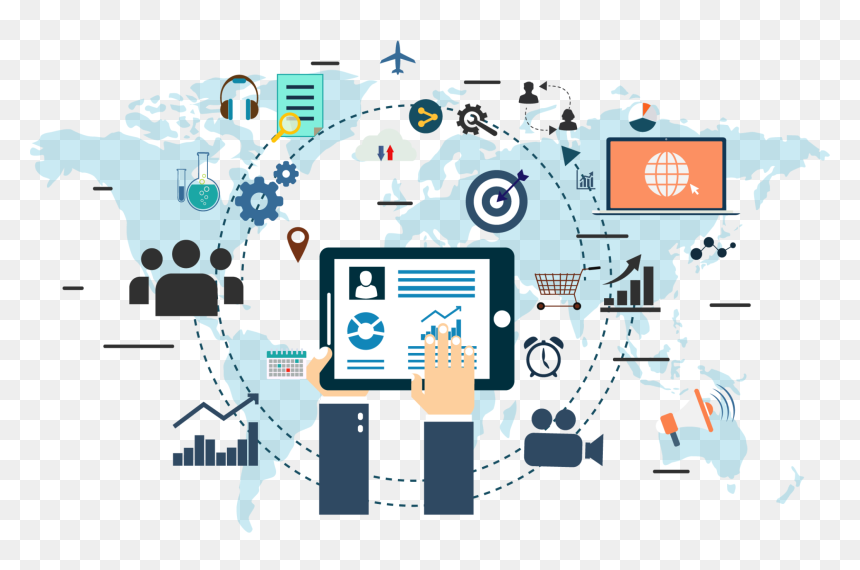Media and other information providers play a central role in information and communication processes. They are one way of communicating information, although their role is much broader than that. For the purpose of the MIL curriculum, media are defined (irrespective of the nature and technologies used) as sources of credible and current information created through an editorial process determined by journalistic values whereby editorial accountability can be attributed to a specific organization or a legal person. To the extent that media are an important part of every society’s communication system, their institutional make-up can mesh with a variety of non-media information providers, such as libraries, museums, archives, Internet information providers, other information organizations and citizens who produce their own content.

- Teacher: Irish Jane Romano
This course on recreational activities are associated with outdoor, natural or semi-natural settings; it enables learners to move safely and competently in these settings while making a positive relationship with natural environments and promoting their sustainable use. It consists of an array of offerings which learners can choose from.

- Teacher: Pia Pamela Almacen Arrabe
- Teacher: Irish Jane Romano